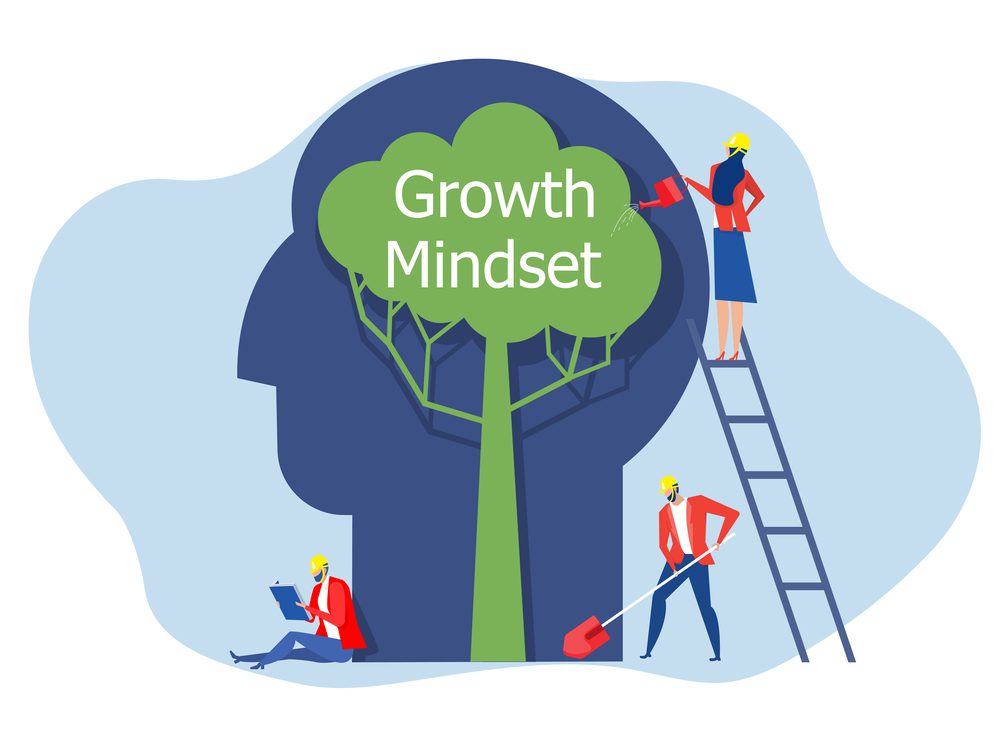Marriage isn’t just about finding love—it’s about growing into it.
We often think of marriage as the finish line, the grand reward after finding “the one.” But in truth, marriage is just the beginning. It’s life’s greatest classroom—and love’s most powerful training ground.
Let’s break it down: the journey of marriage has two very different stages. Both are meaningful, but only one leads to real, lasting love.
Part One: The Euphoria Stage—Beautiful, But Temporary
The early days of marriage are nothing short of magical. That “just married” feeling? It’s exciting, romantic, and often feels like something straight out of a dream. This euphoric phase is a gift. It helps two people—essentially strangers—commit to a life together.
But here’s the truth: this stage, as wonderful as it feels, isn’t real love yet.
Why not?
- It’s effortless. You don’t have to work for those warm, fuzzy feelings—they’re just there.
- It’s temporary. Experts agree this heightened emotional state typically fades within two years.
- It’s about the moment, not the mission. Euphoria longs for connection; love commits to growth.
So if the butterflies begin to fade—don’t panic. That shift is not the end of love—it’s the beginning of the real thing.
Part Two: The Growth Stage—Where Love Actually Begins
Once the honeymoon phase fades, reality steps in. This is where marriage becomes both more challenging and more meaningful. You start to see your partner more clearly—and yourself, too. The real you begins to surface, with your strengths, flaws, needs, and limitations.
Here’s where marriage becomes a mirror—and a catalyst. When you stretch beyond your comfort zone, not because you want to, but because your partner needs you to, that’s real love.
It’s not about “how do I feel?” It’s about, “What do you need from me right now?”
What Motivates You: Want vs. Need
Let’s pause here. Most of what drives us in early love is what we want: we want to feel good, connected, admired. And that’s normal.
But deep love grows when we begin doing things not because we want to, but because we know someone else needs us to. Just like we don’t always want to change a baby’s diaper, we do it because the baby needs us to.
This shift—from desire to responsibility, from self to other—is the heartbeat of real love.
When the Real You Shows Up
Over time, the relationship may not feel as good. In fact, it may start to feel… hard. That doesn’t mean it’s broken. It means the masks are off. Now you’re seeing each other clearly. And here’s the opportunity: this is where the choice to love begins.
Love becomes a decision, not a feeling. It asks: Can I show up for you, even when it costs me something?
From Me-Centered to We-Centered
This is the turning point.
When love is still about what I get from the relationship, it’s centered on me. But when I begin to ask, What does my spouse need from me right now?—the relationship shifts. My partner senses the change. And here’s the beautiful part: that selfless energy is contagious.
When one person puts the other first, the other often rises to do the same.
Real-Life Example: The Couch or the Conversation
Picture this: You’ve had a long, exhausting day. You just want to crash on the couch and tune out. But your spouse wants to talk, to connect, to be heard.
Ask yourself: What do I want? (The couch.)
What should I do? (Engage.)
Doing what I should—because my spouse matters more than my comfort—builds trust, safety, and real connection. These are the moments that transform “I love how you make me feel” into “I love you.”
The Key to Lasting Love
It’s easy to feel love when everything feels easy. But when you give love, even when you don’t feel like it—that’s when you become loving.
So enjoy the romance. Bask in the butterflies. But don’t panic when they fade. They’re not disappearing—they’re giving way to something deeper, richer, and far more lasting.
💡 Summary: What Makes Marriage a Gateway to Growth
- The early stage of euphoria is real—but it’s not the whole picture.
- Real love begins when we choose to care, stretch, and prioritize the other—even when it’s hard.
- Lasting love shifts from self-focused to other-focused.
- It’s not about losing yourself—it’s about becoming your best self through giving.
- The reward? A relationship that isn’t just sweet—but strong, steady, and soul-deep.





